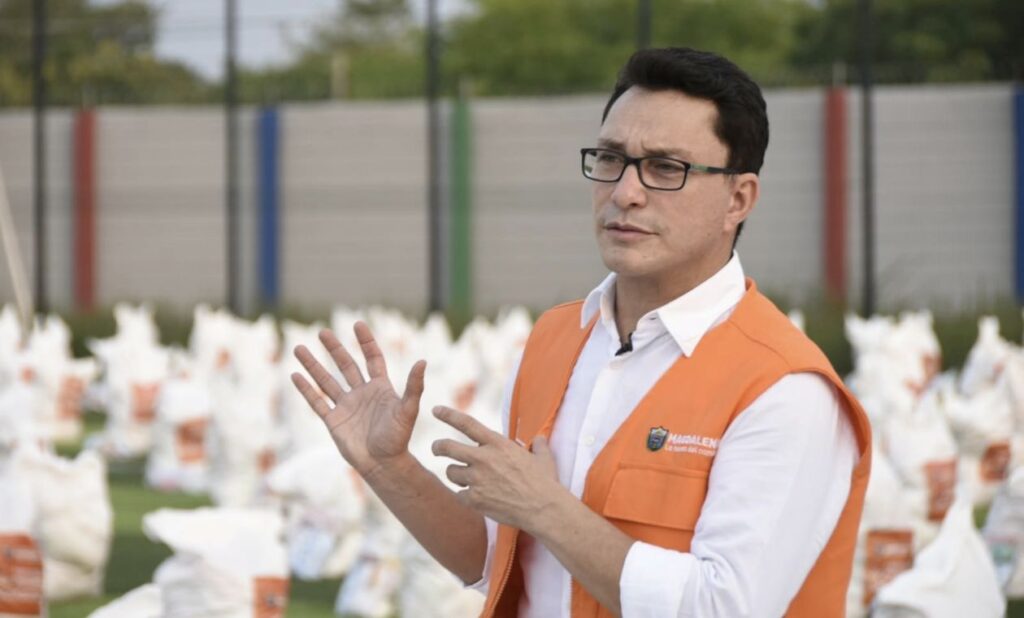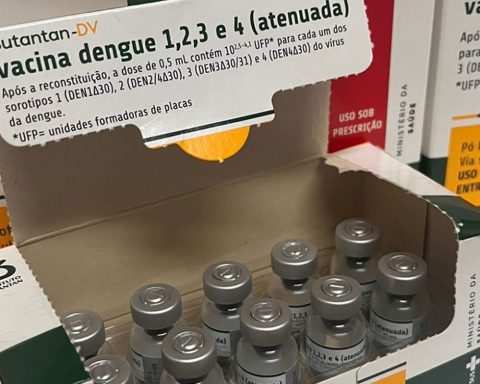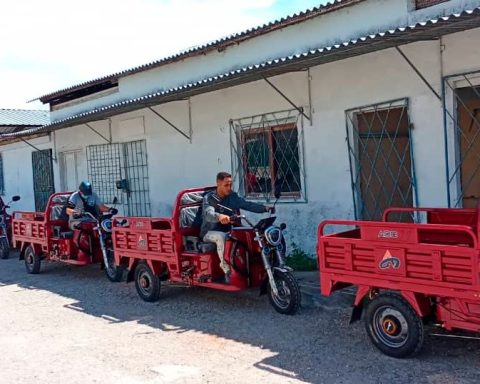At the beginning of this year, female government authorities, accompanied by representatives of women’s social movements, declared 2022 as the “Year of the Cultural Revolution for Depatriarchalization with a Life Free of Violence Against Women”, this in order to establish greater information mechanisms that make it possible to publicize the actions developed to address this problem.
Having greater knowledge of the crimes that are most frequently committed in Bolivia and those linked to violence against women, would help to “step on the ground” and become aware of the seriousness of this problem; also, understand the legal regulations that seek to guarantee women the right not to suffer physical, sexual and psychological violence, and know the financing that the levels of government make to comply.
According to the information published by the Prosecutor’s Office up to the month of March, 23 women were victims of femicide and if we refer to past management, 108 femicides were confirmed, 43 in La Paz, 17 in Santa Cruz, 15 in Cochabamba, 10 in Oruro. , 10 in Potosí, 6 in Chuquisaca, 3 in Beni, 3 in Tarija and 1 in Pando, crimes that were committed by men related to the victim.
Another alarming fact indicates that in Bolivia crimes of family violence reach 50% of the total, followed by robbery with 14%, serious and minor injuries with 11%, and between theft, fraud, aggravated robbery and injuries related to accidents, the remaining 25 %; this implies that 9 out of 10 victims of family or domestic violence were women.
With this problem, the national government in 2013 enacted the Comprehensive Law to Guarantee Women a Life Free of Violence, proposing the implementation of mechanisms, measures and policies for prevention, care, and protection of women. This law mandates all public entities, including governorates and municipalities, to carry out the necessary actions and allocate sufficient resources for this purpose.
The aforementioned norm additionally creates the Special Force to Fight Violence – Felcv, as a specialized agency of the Bolivian Police; the comprehensive care system for women in situations of violence is established; and with its regulations, percentages are defined that entities must allocate to finance all these policies.
On the other hand, when reviewing the regulations that regulate the financing, of the resources received by the governorates for the Direct Tax on Hydrocarbons – IDH, 10% is destined for Citizen Security and, in turn, of this percentage, 15% is for activities for prevention and for the construction and maintenance of shelters and shelters; 10% is added to this percentage for the infrastructure and equipment of the Felcv.
In the case of the municipalities, something similar happens, with the following difference: Of the HDI they receive according to the population, between 5% and 10% is destined for Citizen Security and of these percentages, those with less than 15,000 inhabitants use 15% and those with a population equal to or greater than 15,000 inhabitants, have 20% of the total resources of the IDH of Citizen Security for the prevention and construction of shelters and 10% for the Felcv.
Evidently, the central level of the State also allocates resources for this purpose, such as the Juana Azurduy bond, health establishments such as the National Health Fund’s maternity hospital, or the financing of prosecutors or courts.
From the perspective of the proposed analysis, there is a broad regulation that defines policies, financing structures and instances destined to the fight against violence against women, however, it has not been possible to reverse this situation, probably because greater follow-up and control mechanisms are necessary. control in all instances involved, but it is also important that society becomes aware and assumes its responsibility to face this evil. What do you think?
At the beginning of this year, female government authorities, accompanied by representatives of women’s social movements, declared 2022 as the “Year of the Cultural Revolution for Depatriarchalization with a Life Free of Violence Against Women”, this in order to establish greater information mechanisms that make it possible to publicize the actions developed to address this problem.
Having greater knowledge of the crimes that are most frequently committed in Bolivia and those linked to violence against women, would help to “step on the ground” and become aware of the seriousness of this problem; also, understand the legal regulations that seek to guarantee women the right not to suffer physical, sexual and psychological violence, and know the financing that the levels of government make to comply.
According to the information published by the Prosecutor’s Office up to the month of March, 23 women were victims of femicide and if we refer to past management, 108 femicides were confirmed, 43 in La Paz, 17 in Santa Cruz, 15 in Cochabamba, 10 in Oruro. , 10 in Potosí, 6 in Chuquisaca, 3 in Beni, 3 in Tarija and 1 in Pando, crimes that were committed by men related to the victim.
Another alarming fact indicates that in Bolivia family violence crimes reach 50% of the total, followed by robberies with 14%, serious and minor injuries with 11%, and between theft, fraud, aggravated robbery and accident-related injuries the remaining 25 %; this implies that 9 out of 10 victims of family or domestic violence were women.
With this problem, the national government in 2013 enacted the Comprehensive Law to Guarantee Women a Life Free of Violence, proposing the implementation of mechanisms, measures and policies for prevention, care, and protection of women. This law mandates all public entities, including governorates and municipalities, to carry out the necessary actions and allocate sufficient resources for this purpose.
The aforementioned norm additionally creates the Special Force to Fight Violence – Felcv, as a specialized agency of the Bolivian Police; the comprehensive care system for women in situations of violence is established; and with its regulations, percentages are defined that entities must allocate to finance all these policies.
On the other hand, when reviewing the regulations that regulate the financing, of the resources received by the governorates for the Direct Tax on Hydrocarbons – IDH, 10% is destined for Citizen Security and, in turn, of this percentage, 15% is for activities for prevention and for the construction and maintenance of shelters and shelters; 10% is added to this percentage for the infrastructure and equipment of the Felcv.
In the case of the municipalities, something similar happens, with the following difference: Of the HDI they receive according to the population, between 5% and 10% is destined for Citizen Security and of these percentages, those with less than 15,000 inhabitants use 15% and those with a population equal to or greater than 15,000 inhabitants, have 20% of the total resources of the IDH of Citizen Security for the prevention and construction of shelters and 10% for the Felcv.
Evidently, the central level of the State also allocates resources for this purpose, such as the Juana Azurduy bond, health establishments such as the National Health Fund’s maternity hospital, or the financing of prosecutors or courts.
From the perspective of the proposed analysis, there is a broad regulation that defines policies, financing structures and instances destined to the fight against violence against women, however, it has not been possible to reverse this situation, probably because greater follow-up and control mechanisms are necessary. control in all instances involved, but it is also important that society becomes aware and assumes its responsibility to face this evil. What do you think?
;
Source link


















